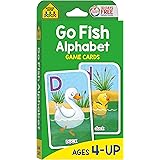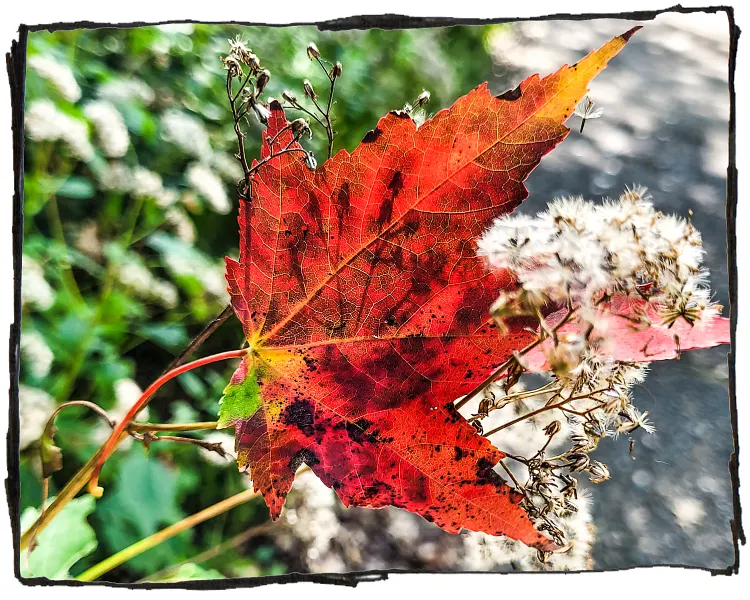“United or Divided? The Surprising Ways U.S. and British English Clash Over Collective Nouns!”
Have you ever thought about how just a slight tweak in your writing can completely change its impact? It’s like how a ‘murder of crows’ struts its sinister vibe while a ‘pride of lions’ embodies majesty. In the world of writing, these subtle differences can be the key to captivating your readers. In this post, we’re diving deep into the art of crafting prose that resonates—not just with our intent but also with the cultural nuances that color our words. Understanding the little things, like collective nouns or the distinctions between U.S. and British English, can elevate your work from ordinary to extraordinary. So, why should you care about these details? Because every word counts, my friend. Let’s embark on this journey together and explore why paying attention to differences in our writing is not just beneficial—it’s essential. LEARN MORE.

WRITING WELL
And why it’s important to pay attention to such differences in your writing
Collective nouns refer to groups of things, people, animals, birds, etc. Some collective nouns reflect the nature of the groups they describe in some way as in “a murder of crows,” “a swarm of bees,” and “a pride of lions.” (Two new favorites I just learned are “a kindle of kittens” and “a shiver of sharks.”) When referring to penguins, you can choose from multiple options, including “raft,” “waddle,” and “huddle.” More commonly used collective nouns often refer to people and include words like “team,” “crew,” “crowd,” “staff,” “faculty,” and “family.”
In my post “Tricks to Help You Remember U.S. vs. British Spellings,” I suggest that all writers who write in English benefit from understanding differences in U.S. and British approaches to the English language. This is especially true for writers who post on Medium, I state, noting that: “According to Yana Bostongirl in ‘5 Interesting Statistics You Probably Didn’t Know About Medium,’ one-quarter of Medium readers are based in the U.S., with the next highest percentage (7%) from India, approximately 4% from the U.K., 3% from Canada, and over 56% ‘from other…


















